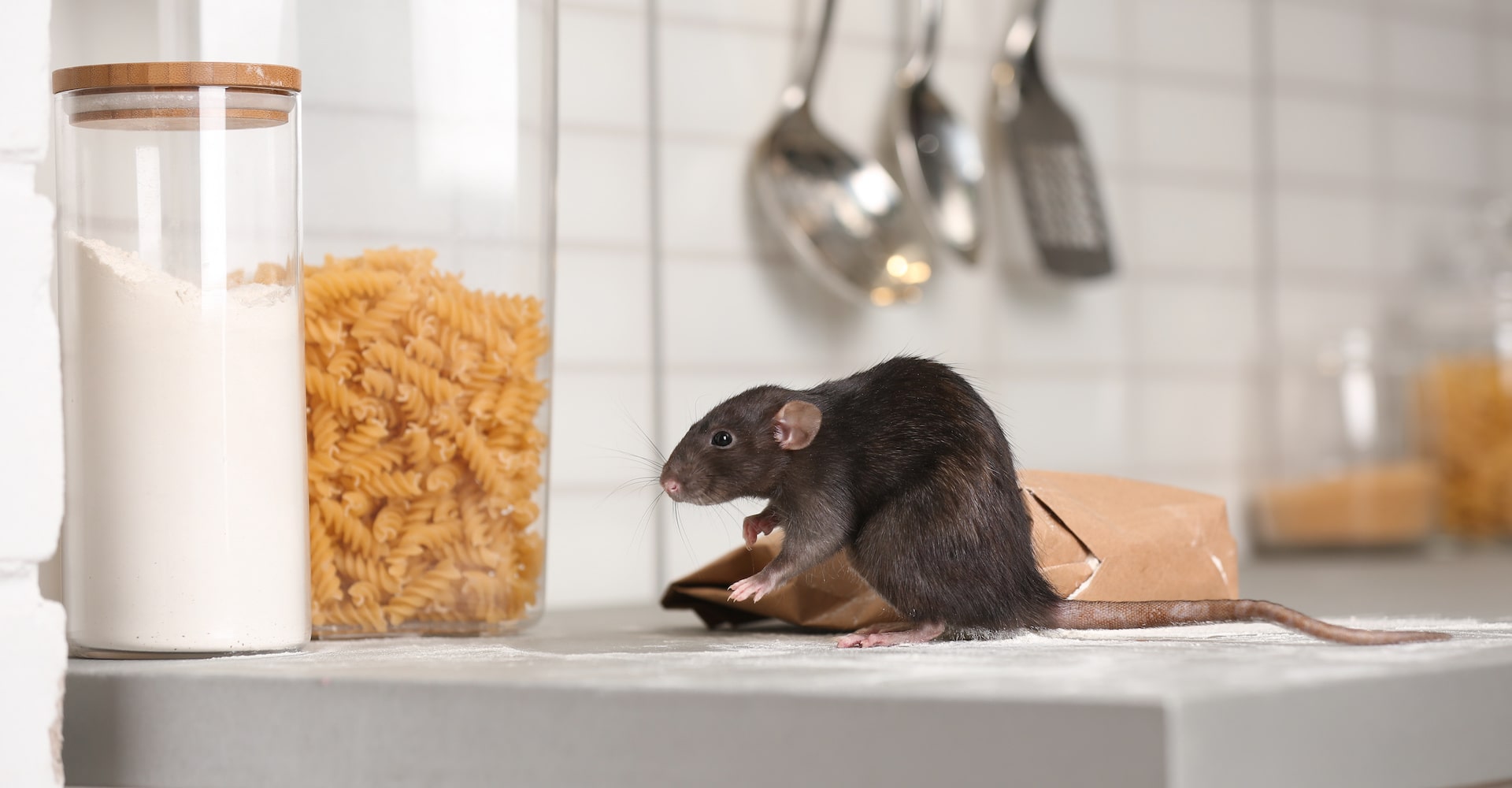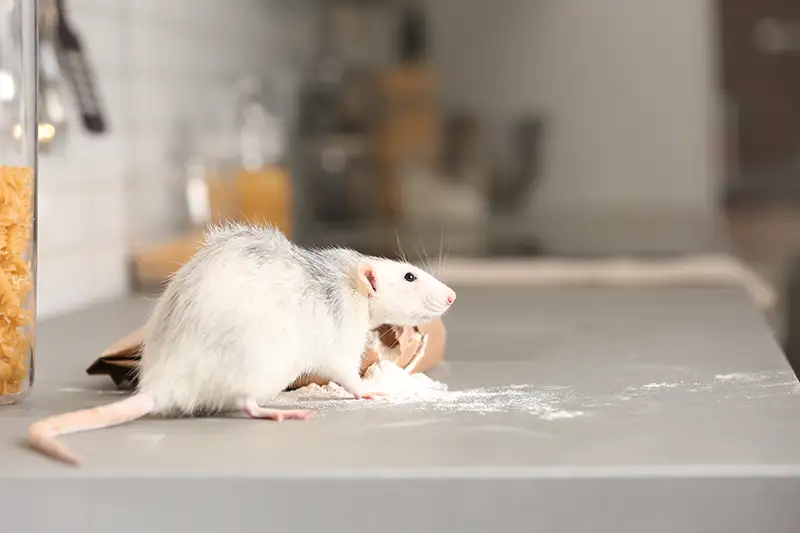In every household, encountering pests can be an unsettling nuisance. From ants marching in a line across your kitchen floor to mice scurrying around at night, pests can cause significant stress. Fortunately, by learning how to avoid pests in the house, you can maintain a serene and pest-free environment. In this guide, we will delve into effective strategies to keep your home uninvaded and serene.

Why Do Pests Invade Our Homes?
Before embarking on eradication and prevention, it is crucial to understand what attracts pests to our humble abodes. Moisture, warmth, and food are the primary lures. Pests are driven by survival instincts; hence, a dripping sink or an open food container can be an invitation to them.
Understanding the Consequences of a Pest Invasion
The impact of a pest invasion extends beyond mere discomfort. Pests such as cockroaches and rats are known carriers of diseases and harmful bacteria, posing significant health hazards. Insects like termites can damage structures, leading to costly repairs. The best course of action is to prevent rather than cure, understanding how to successfully avoid pests in the house.
The Essential First Steps in Pest Prevention
The cornerstone of pest prevention begins with cleanliness. Regularly cleaning floors, wiping down surfaces, and properly storing food significantly reduce attractants. Consistent disposal of trash and the maintenance of a tight lid on garbage cans can halt potential food sources for pests.
Read more about keeping your home pest-proof.Sealing Entry Points
Secure all potential entry points through which pests can infiltrate your home, such as broken window screens, gaps under doors, and cracks in walls. Caulking gaps, installing door sweeps, and using screens can be a substantial barrier against unwanted guests.
Discover ways to keep ants out of your house.Choosing the Right Pest Control Methods
Depending on the severity of the pest issue, you may resort to DIY pest control tips or seek professional intervention. Utilize chemical-free traps or natural repellents effectively to drive pests away without harming the environment. For those preferring DIY methods, explore these pest control tips and tricks.
Implementing Routine Home Checks
Conduct regular inspections in common pest-prone areas such as basements, attics, and kitchens. Look for droppings, signs of gnawing, or tracks that could indicate pest activity. Keeping an eye out for early signs can avert larger infestations.
Learn how to keep your home pest-free.The Importance of Environmental Considerations
Adopt eco-friendly practices wherever possible. While pesticides and chemicals are often effective, they can harm the environment. Consider using natural repellents. For example, planting mint or lavender around your home can deter pests like ants and mosquitoes.
Explore natural pest repellentsThe Role of Professional Pest Services
When DIY methods fall short, or you're dealing with an impactful infestation, professional pest services are a viable option. They provide customized solutions tailored to specific pest problems, ensuring your home remains a sanctuary.
Maintaining Long-term Pest Prevention
Consistency is key. Regularly revisit the preventive measures in place, update them as required, and stay informed of new pest management techniques. By actively engaging in upkeep, your household will experience fewer pest-related problems.

Frequently Asked Questions
1. How often should I check for pests in my house?
It is advisable to conduct thorough inspections every three months, with monthly checks in high-risk areas like the kitchen.
2. Are natural remedies effective for pest control?
Yes, natural repellents such as essential oils and plants like mint can effectively deter certain pests without the adverse effects of chemical treatments.
3. When should I hire a professional pest control service?
If an infestation seems beyond DIY control or recurs despite preventive measures, it's time to consult a professional service for advice and intervention.
This article contains affiliate links. We may earn a commission at no extra cost to you.
